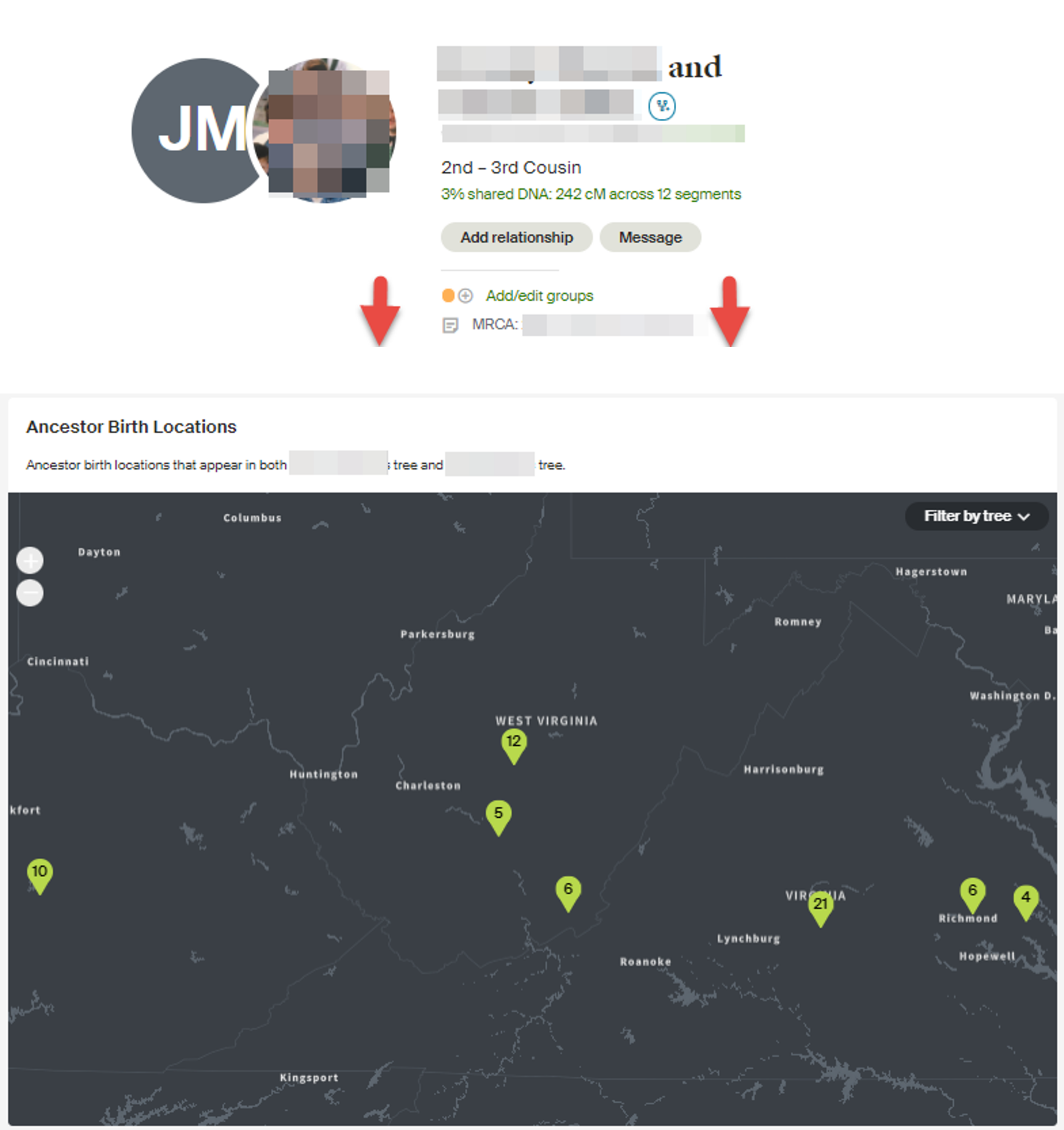

This is because autosomal DNA gets passed on randomly.

The answer, I think, is a qualified negative.Ĭonsider: Even if you are a descendant of Shakespeare, there is only a negligible chance of your having any of his DNA. The question is, can it ever be more than fantasy to try to draw meaningful conclusions about an individual's origins on the basis of the sort of DNA information that is available to us now? There's is no doubt that we can make - and, indeed, as scientists interested in our human origins must make - generalizations about the genetic makeup of populations across the globe and over time. (See also here.)Īccording to one study, "customers who were shown by the tests to have less than 28 percent of African ancestry self-describe as European American." Does this mean that their self-indentifications are incorrect? They are really black? DNA is just not going to carve up groups at their culturally significant "ethnic" joints. Genetic variation, on the contrary, so far as we now know, varies continuously. French and German villages may be separated by the smallest of geographic distances. Identity, after all, varies non-continuously. Second, even if, in the ideal case, we find meaningful clusters of similarity in the space of genetic variation, there is no reason to think that these will map onto ethnicity or other categories in terms of which we understand our own identity. This is why different companies may give you different results. Data have been collected for different purposes, and different companies have access to different data bases. First, there is no complete database of the world's DNA. (See this paper for an excellent guide to these issues.)īut there are problems with tests of this kind. Direct-to-consumer ancestry companies offer just this kind of "admixture" test, and it is not uncommon for consumers to be told that they have a certain percentage of African, or Asian, or Native American DNA, for example. In principle, then, it ought to be possible to compare the DNA of an arbitrarily selected individual with DNA from around the world to make a judgment of that individual's genetic origins. If we could assemble all the DNA of everyone everywhere, we would expect to find that people living near each other were more likely to be gentically similar than people living farther apart. Although in principle anyone can mate with anyone else, in practice we tend to mate with people nearby. We know that, when it comes to DNA, geography matters.

The answer as to whether a DNA test can tell you your ethnic identity? Yes - and no.


 0 kommentar(er)
0 kommentar(er)
